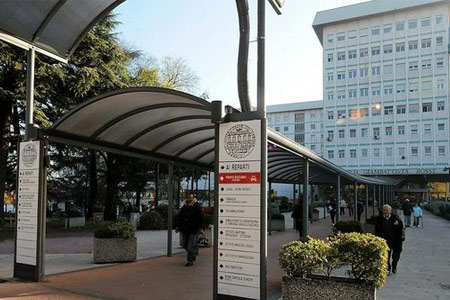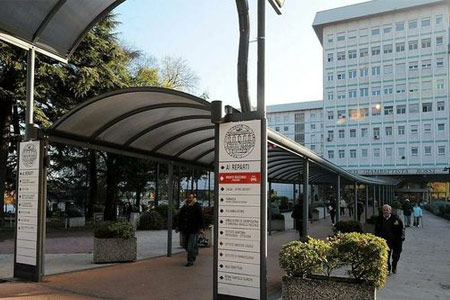- Dipartimento

Presentazione
Organizzazione
Riferimenti
- Ricerca

La ricerca in breve
Attività di ricerca
- Didattica

Corsi di studio
Dottorati di ricerca e formazione superiore
Servizi per la didattica
- Terza Missione

Informazioni per il territorio
Servizi per il territorio
Riferimenti
- Persone
- contatti
-




